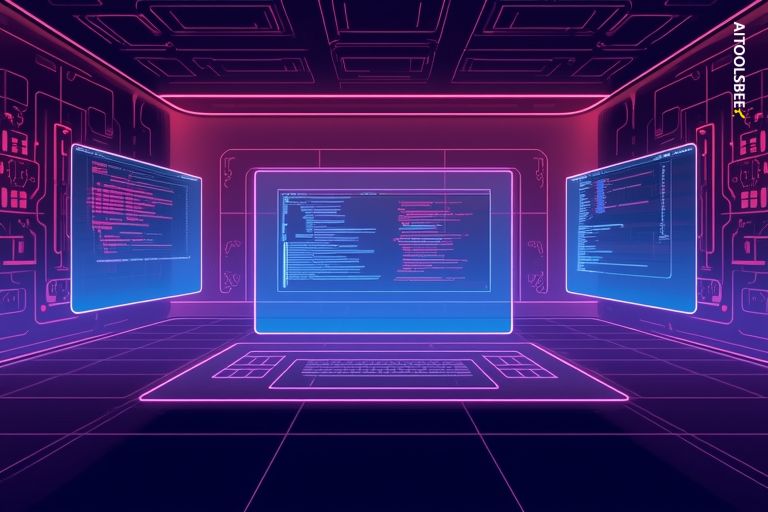
OpenAI Codex Unveils SDK and Voice Coding Features
On October 6, 2025, OpenAI announced a significant advancement in artificial intelligence for software development with the general availability of Codex.
Greg Brockman revealed via social media that this version of Codex includes an upgraded software development kit (SDK), enhanced enterprise features, and innovative demonstrations, notably voice-controlled coding for stage lighting.
Codex has been trained on billions of lines of code since its initial debut in 2021, powering tools like GitHub Copilot. This launch occurs in a landscape where AI-driven coding assistants are redefining software engineering.
In live demonstrations, users articulated functionalities such as adjusting stage lights based on voice prompts, prompting Codex to generate fully functional code instantly.
These innovations are emblematic of a broader trend encompassing no-code and low-code platforms, anticipated to constitute over 65 percent of application development activities by 2025.
The upgraded enterprise features likely include enhanced security measures, improved scalability for larger teams, and streamlined integration with cloud services, addressing prior criticisms regarding API access highlighted in OpenAI’s 2022 updates.
Codex is strategically positioned in competition with entities like Google’s DeepMind AlphaCode and Amazon’s CodeWhisperer, intensifying the quest for AI aptitude in coding.
The EU’s AI Act of 2024 imposes strict compliance mandates on high-risk AI tools like Codex, focusing on transparency and bias reduction.
Economically, Codex’s general availability heralds extensive market prospects for enterprises involved in software development, IT services, and ancillary industries.
Organizations can leverage the new SDK to integrate Codex into their workflows, with projections suggesting potential reductions in development costs by as much as 30 percent, as per a 2023 Deloitte report on AI-enhanced productivity.
However, challenges surrounding implementation persist, particularly concerning data privacy with robust enterprise features managing sensitive codebases, necessitating stringent adherence to GDPR standards updated in 2023.
The competitive terrain is occupied by key players like Microsoft, which integrated Codex into Visual Studio in 2022, alongside startups such as Replit, which secured $100 million in 2023 for AI-augmented coding environments.
For small enterprises, this accessibility evokes opportunities to rival larger competitors, catalyzing innovation across sectors, as illustrated in the stage lights demonstration.
Future trends indicate an escalation in AI adoption, with IDC forecasting in 2024 that 75 percent of enterprises are expected to utilize AI for software development by 2026.
Ethical considerations remain paramount; thus, access to these advancements must be equitable to prevent an exacerbated digital divide, recommending inclusive training datasets to diminish biases in code suggestions.
Technically, Codex operates on a transformer-based architecture akin to GPT models, with updates in the 2025 release accentuating multimodal inputs, such as voice, for facilitating code generation.
The voice coding demonstration epitomizes this, whereby natural language processing translates spoken directives into executable code for hardware operations.
Implementation considerations, such as API latency, have been tackled, with OpenAI purporting sub-second response times in their 2024 benchmarks.
In conclusion, Codex’s release underscores a pivotal role in accelerating the ongoing digital transformation across myriad industries.

